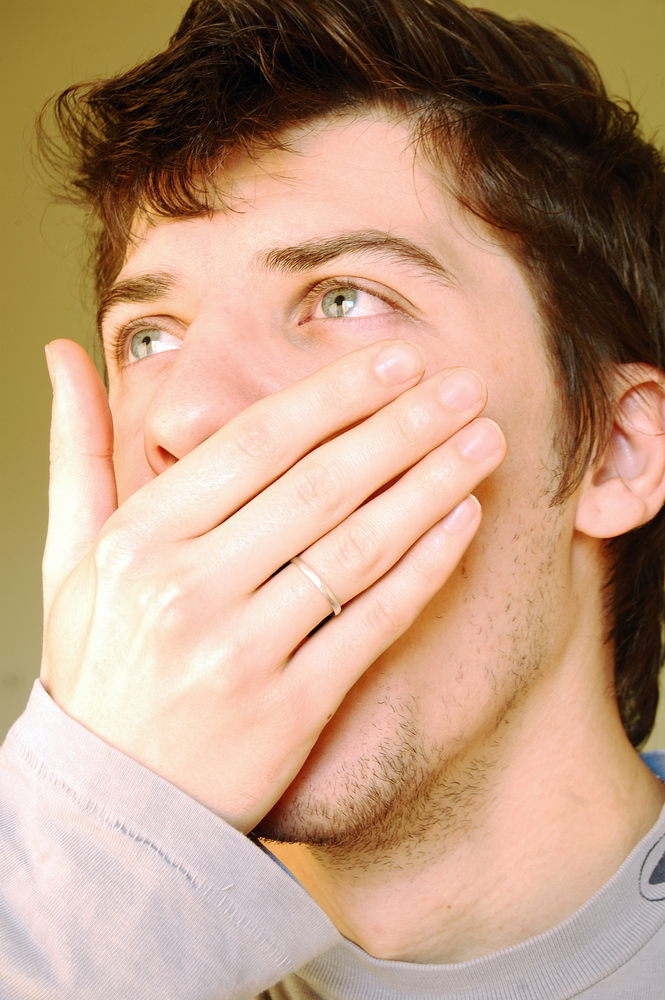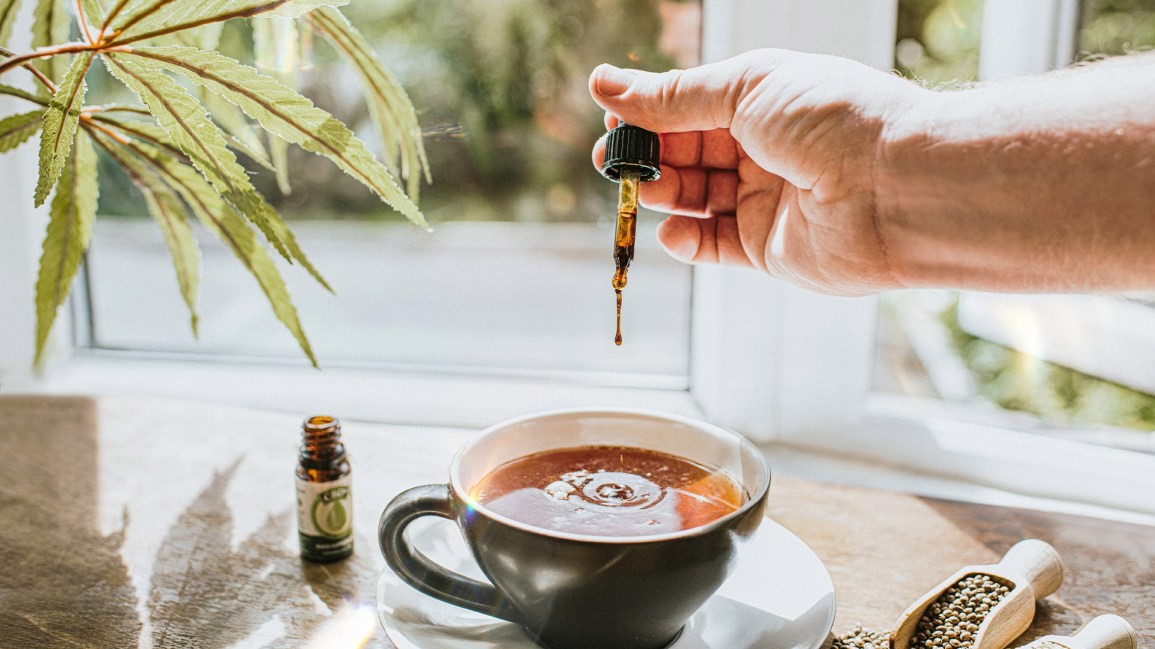New dating rules, boredom and lack of privacy are changing sexual relations by Carlett Spike, AARP,…

Sleeping Well
Sleeping well is important for our everyday well being. “Sleep hygiene” is the term often used to describe healthy and sustaining sleep habits. When sleep is disrupted or poor sleep habits develop it can negatively affect our physical, mental and physical health. Most adults require 7-8 hours of sleep each night, comprising 4-5 x 1.5 hour cycles. These cycles are important because in the deep sleep part our bodies actually rejuvenate themselves, replacing cells that have been used up in the previous day – if we don’t get this sleep then we are like a car running on empty. It can take as little as one week for bad habits to set in; unfortunately, it can take twice as long to correct! If you follow the suggestions in this handout your sleep will most likely improve within a couple of weeks. If you falter or stumble along the way that’s okay – just start again.
The underlying principle behind this sleep protocol is that you are training your body and mind to associate bed with drowsiness and sleepiness and to make sure that wakefulness occurs away from bed. You may have to persevere to re-train your body into this pattern. These suggestions have good medical research backing them up.
Things to try to do
- Go to bed at the same time each day; it is tempting when you are tired to go to bed early – just like with jet lag, it is best to set a regular bedtime and to not vary it by more than 30 minutes either way.
- Get up at the same time each day. As with going to bed, your body will get into a routine if you don’t vary your getting-up time by 30 minutes either way. It is best to get out of bed in daylight as this allows your body to associate daylight with waking and darkness with sleep.
- Try to get some exercise every day – this does not have to be too strenuous, any exercise will do, even a walk around the block. Make sure that you don’t do any strenuous exercise within a couple of hours of going to bed as it will stimulate your system.
- Spend some time in natural light or outdoors – this does not have to be in direct sunlight but can even be near a window. Light helps your body produce melatonin which promotes sleep, and sunlight early in the day helps set your body clock.
- Make sure your bedroom is restful – make sure the temperature is not too hot or cold, that it is not too noisy or has bright light shining in from outside. Try to avoid watching television or using a computer, laptop, notebook or I-pad in the bedroom, particularly not in bed, as this will give your body the message that bed is a place to be mentally stimulated. Avoid wall-mounted televisions in bedrooms and try to either turn off mobile phones or leave them outside the bedroom. Your bedroom should be a place where you sleep, and that is all – anything else happens elsewhere
- Use your bed only for sleep or sex (and not at the same time). Don’t use your bed as a lounge room doing multiple activities, and try not to share your bed with young children or animals.
- If you are taking prescription medication, take it at the times recommended as some medications can keep you alert if taken too close to bed time.
- Try to avoid any stimulating activity before bed – whether that is physical stimulation like playing competitive games, watching an exciting or scary movie or television program or having a conversation that stimulates your mind, as these thoughts will overflow into the bedroom.
- Make sure your bed is comfortable – it is worth the investment in good sheets, blankets and pillows and making sure you are warm in winter. Sometimes a warm bath about one hour before bed time helps the body’s temperature rise and then when it falls again you might feel drowsy
- Caffeine can have a body life of up to 7 hours so it is probably best to avoid drinks with caffeine after about 2 pm in the day – this includes tea (including green tea), coffee, colas and lots of other soft drinks (check the labels). If you find you are waking up to empty your bladder a lot at night, then limit any fluid intake for a couple of hours before bed time.
Things to try to avoid
- Going to bed too hungry or too full can get in the way of sleep because the stomach and digestive system are working hard
- If you nap in the day time or before going to bed (in front of television is a big trap) then you might have tricked your body into thinking it is rested and you will have trouble getting off to sleep – try to avoid doing this
- If you go to bed and don’t fall asleep, DON’T STAY IN BED. This is the most important part of the sleep hygiene protocol – by staying in bed when you are awake you are training your body into associating bed with wakefulness. If you have lain awake for 15-30 minutes (no longer) then take your wakefulness out of bed, into another room and DO SOMETHING BORING. This is most important – sitting with a dim light on an arm chair is a good option. Once you are feeling drowsy or sleepy, then take your drowsiness back to bed. This helps your mind associate bed with sleep. You may have to do this multiple times at first. If it is winter it can be tempting to stay in a warm, cosy bed, even when you are awake – make sure the other room has a warm rug or blanket to put over your knees while you are sitting there waiting for drowsiness to come back again.
- Try not to look at a clock or watch if you are not falling asleep – the time will pass anyway and checking may just make you feel anxious which will get in the way of sleep
- Smoking nicotine stimulates the body – if you are a smoker try to cut back as the evening progresses and try not to smoke just before going to bed
- Some people use alcohol to help them get to sleep – it may do this, but it won’t help you stay asleep. In fact, it is likely to lead to more interrupted sleep later in the night. It can also lead to more need to empty your bladder, which will wake you up.
- Doctors are usually reluctant to prescribe sleeping tablets as they are very addictive – some can also make you sleepy during the day time
- Try not to do “catch up” sleeps in the day time – our body doesn’t actually recognize these sleeps as catching up and you
- will probably be just as tired that night but will have more difficulty falling asleep
Persistence is a good habit
If you do most of these things you will find your sleep improving within a couple of weeks. You will need to persist, however; and remember, don’t be too hard on yourself if you get it wrong occasionally – just get back on track and follow the suggestions again.
DISCLAIMER: The information contained in this page is general in content and is not a substitute for professional medical advice. Any health concerns related to sleeping difficulties should be discussed with a qualified general practitioner.
About Holistics Voice
We are a community of people committed to things like yoga and meditation, healthy diets, organic skin and hair care, maintaining wellness, herbal remedies, sexual wellness, life coaching, life time physical fitness, organic supplements, holistic health healing remedies, alternative medical practitioners and venues and organizations who support them.





Comments (0)